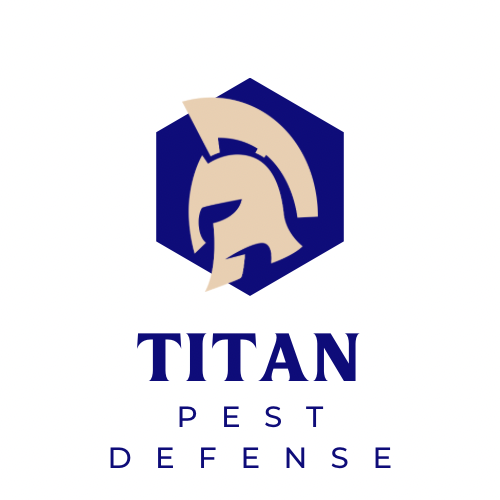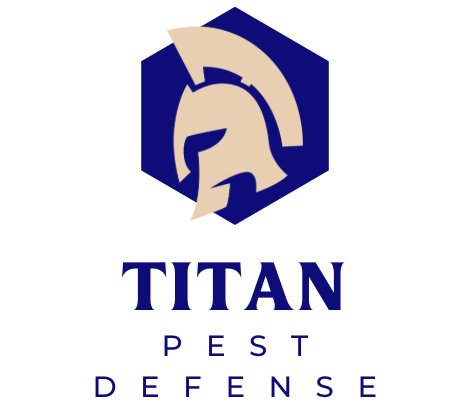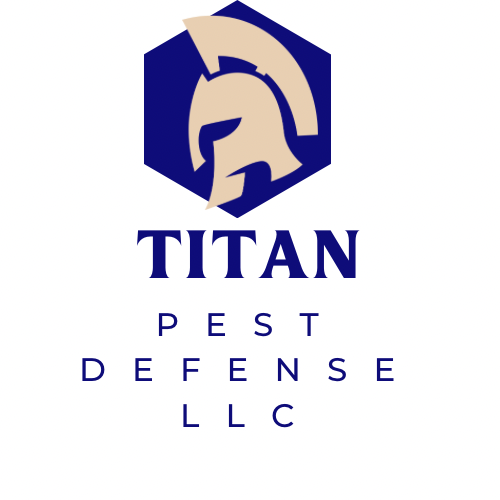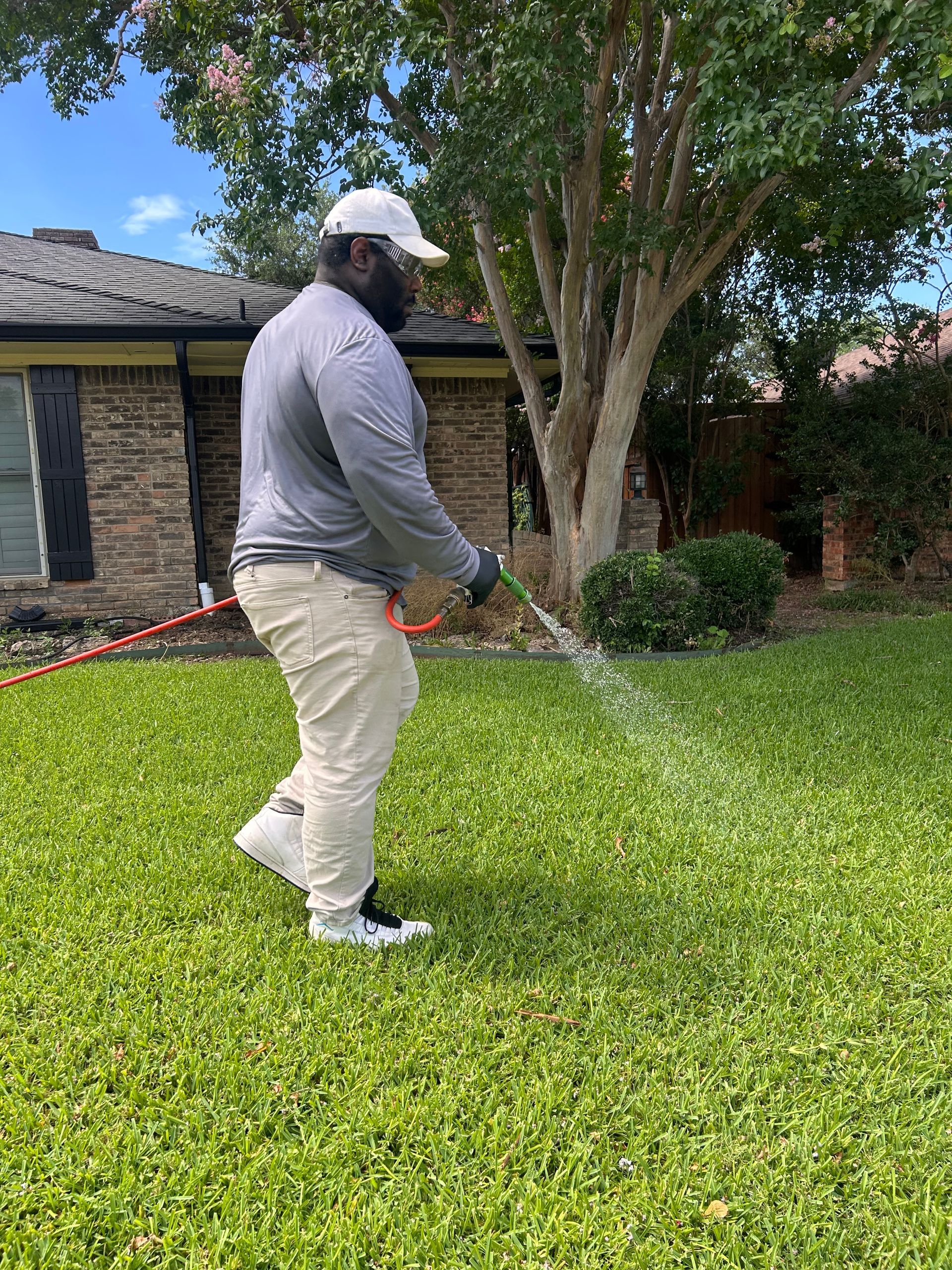Spring Rains and the Mosquito Population: What You Need to Know
As the flowers bloom and temperatures rise, spring rains usher in a season of renewal—but they also bring an unwelcome consequence: a surge in mosquito populations. These blood-sucking pests thrive in wet, warm environments, making springtime an ideal breeding ground. For homeowners, businesses, and communities, understanding how spring rains affect mosquitoes is crucial to preventing infestations and reducing the risk of mosquito-borne illnesses.
In this in-depth blog post, we’ll explore the science behind mosquito population booms during rainy seasons, highlight recommendations from agencies like the
Environmental Protection Agency (EPA) and
Centers for Disease Control and Prevention (CDC), and share modern mosquito control options, including cutting-edge tools like
In2Care mosquito stations.
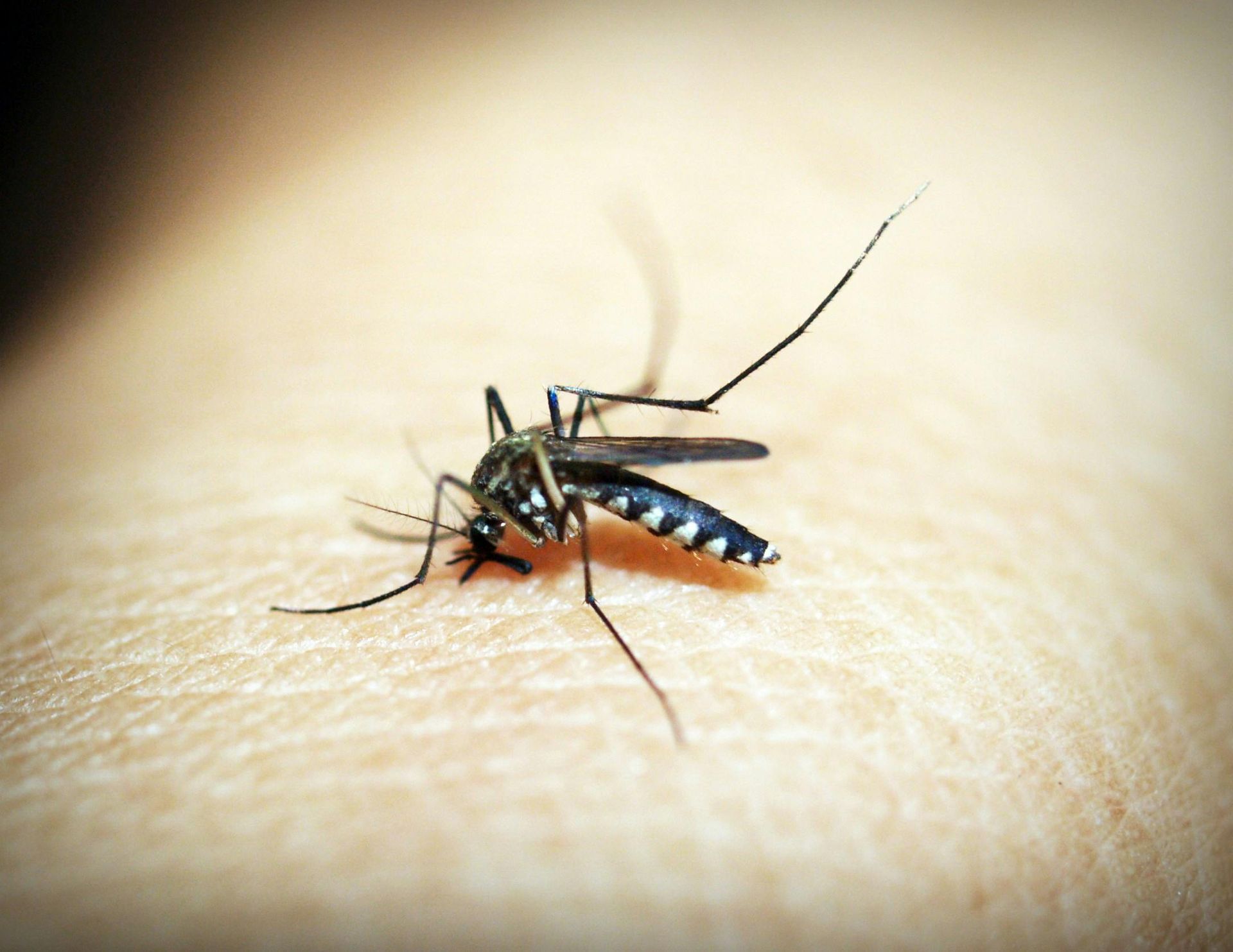
Why Spring Rains Fuel Mosquito Populations
Standing Water: The Mosquito Breeding Paradise
Mosquitoes lay their eggs in standing water. Even small amounts—like what collects in a bottle cap, flowerpot, or clogged gutter—can host hundreds of mosquito larvae. After a heavy rain, standing water becomes abundant, especially in places like:
Puddles
Ditches
Birdbaths
Tree holes
Tarps and equipment left outside
Lawn furniture and buckets
As these breeding sites increase, so does the local mosquito population. Female mosquitoes can lay up to 300 eggs at a time, and in warm, wet conditions, larvae can mature into biting adults in just 7–10 days.
Temperature and Humidity Boost Mosquito Activity
Spring rains often coincide with rising temperatures and higher humidity, creating the perfect storm for mosquito proliferation. Warm air speeds up the mosquito life cycle, while humidity keeps mosquitoes active and mobile. That’s why the weeks following spring rains often bring a noticeable spike in mosquito bites and sightings.
The Public Health Impact of Mosquito Booms
Mosquito-Borne Diseases on the Rise
Mosquitoes are more than just a backyard nuisance—they’re the deadliest animals on Earth. According to the CDC, mosquito-borne diseases cause millions of infections globally each year. In the United States, the most common threats include:
West Nile virus
- Dengue
- Zika virus
- Eastern equine encephalitis (EEE)
- Chikungunya
After heavy spring rains, public health departments often issue warnings about increased mosquito activity and the heightened risk of disease transmission. The CDC encourages proactive mosquito control and personal protection, especially for vulnerable populations such as children, seniors, and those with compromised immune systems.
Environmental Considerations and EPA Guidelines
The EPA plays a critical role in regulating pesticides and mosquito control products. Their mission is to protect both human health and the environment by ensuring that mosquito control measures are safe and effective. The EPA provides a list of registered mosquito repellents, larvicides, and insecticides that are approved for use in residential and public areas.
If you’re applying any mosquito control treatment—whether DIY or professional—it’s essential to choose products registered with the EPA and follow label instructions carefully. This ensures safety for your family, pets, pollinators like bees, and local water sources.
CDC and EPA-Recommended Mosquito Prevention Tips
Combining strategies from the CDC and EPA is the most effective way to reduce mosquito populations around your home or business. Here’s what both agencies recommend:
1. Eliminate Standing Water:
- Empty, scrub, and refill birdbaths every 3–5 days.
- Store buckets and flowerpots upside down when not in use.
- Clean out gutters and downspouts to ensure proper drainage.
- Remove old tires, toys, or trash that can collect rainwater.
2. Use EPA-Registered Repellents
Apply insect repellents that contain one of the following active ingredients:
- DEET
- Picaridin
- IR3535
- Oil of lemon eucalyptus
- Para-menthane-diol (PMD)
These ingredients are backed by the EPA for their proven efficacy in repelling mosquitoes.
3. Treat Water with Larvicides
For areas of standing water that cannot be drained (like ornamental ponds or rain barrels), EPA-approved larvicides can prevent mosquito larvae from developing into adults. Larvicides like Bacillus thuringiensis israelensis (Bti) are safe for humans, pets, fish, and birds.
4. Install or Repair Screens
Keep mosquitoes out by installing fine mesh screens on windows and doors. Repair holes or tears to prevent entry.
5. Consider Professional Mosquito Control
Professional pest control companies often integrate methods recommended by the CDC and EPA, including low-toxicity sprays, biological control agents, and targeted barrier treatments.
In2Care Mosquito Stations: Smart Mosquito Control
One of the most innovative mosquito control tools available today is the In2Care mosquito station, a solution that’s EPA-registered and gaining popularity for its eco-friendly design and long-term effectiveness.
What Is In2Care?
In2Care is a mosquito control station designed to attract and infect mosquitoes with a biological fungus and larvicide. When a mosquito visits the station:
It picks up a larvicide and fungal spores.
It spreads the larvicide to other breeding sites.
It becomes infected and dies within a few days.
This “auto-dissemination” approach helps target the source of the mosquito problem, rather than just eliminating adults temporarily.
Why Homeowners and HOAs Love In2Care
Eco-Friendly: Targets mosquitoes without harming beneficial insects like bees or butterflies.
Low Maintenance: Stations are serviced monthly and work around the clock.
Proven Effectiveness: Field studies show a dramatic reduction in mosquito populations within weeks.
Backed by Science: Registered by the EPA and used worldwide by professionals.
Learn more about how we use In2Care mosquito stations to protect your property.
Common Spring Mosquito Myths Debunked
- “If it rains, mosquitoes will go away.”
Not true. Rain increases mosquito activity. While it may wash away some existing adults, the standing water left behind creates more breeding sites.
2. “Citronella candles are enough.”
Citronella may help mask human scent temporarily, but it does not repel mosquitoes as effectively as EPA-registered repellents. Don’t rely on candles alone.
3. “Only dirty yards have mosquitoes.”
Cleanliness isn’t the issue—moisture is. Even a well-maintained yard with flowerpots, toys, or birdbaths can host thousands of mosquitoes if water is left standing.
The Role of Community in Mosquito Control
Mosquito control isn’t just a personal responsibility—it’s a community effort. Neighborhood-wide strategies, especially after spring rains, can help reduce outbreaks. Local municipalities often coordinate larvicide drops, storm drain treatments, and public education campaigns.
Homeowners associations (HOAs), property managers, schools, and churches can also play a huge role by encouraging residents to:
- Report standing water
- Maintain landscaping
- Cooperate with professional treatments
- Install In2Care stations in common areas
When neighbors work together, mosquito populations drop—and so does the risk of disease.
Preparing for the Summer Surge
If spring rains are heavy, the summer mosquito season can be brutal. Getting ahead of the problem now is the key to long-term control. Here’s a quick action plan:
- Inspect your property weekly for standing water.
- Dump and scrub any containers holding rainwater.
- Apply larvicides where needed.
- Install In2Care stations for continuous control.
- Call a professional for a barrier treatment or full-service mosquito management program
Final Thoughts
Spring rains may be a blessing for gardens and greenery, but they also open the floodgates for mosquito breeding. By understanding the science behind their growth, following CDC and EPA guidelines, and leveraging modern tools like In2Care, you can take back your yard and enjoy the season without bites and buzzing.
At Titan Pest Defense, we specialize in eco-conscious, family-safe mosquito control. Whether you need a one-time treatment or a season-long plan, our team is ready to help you protect your home and loved ones.
